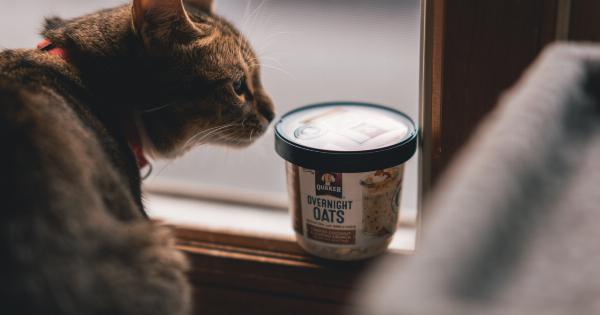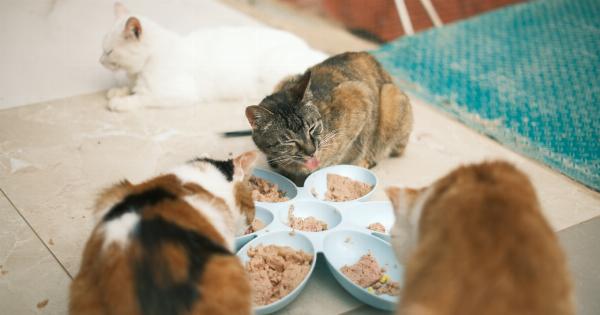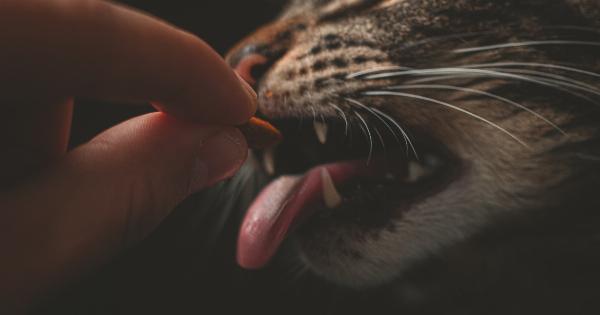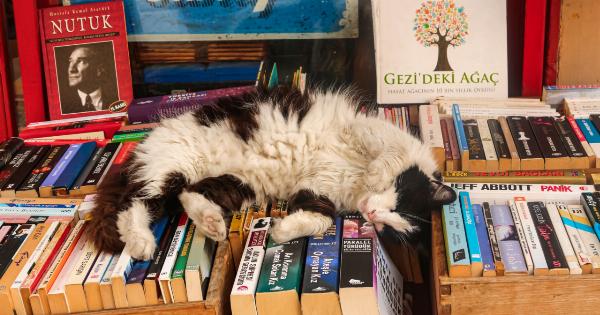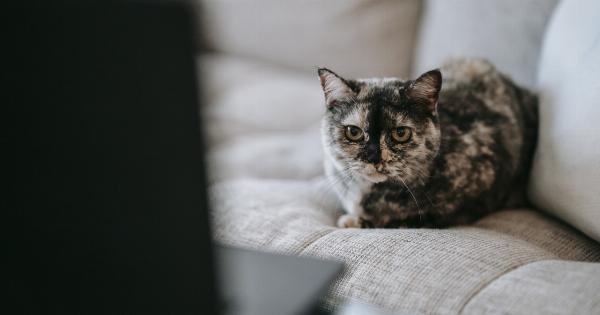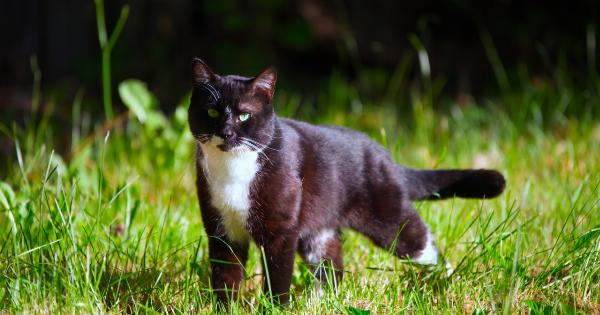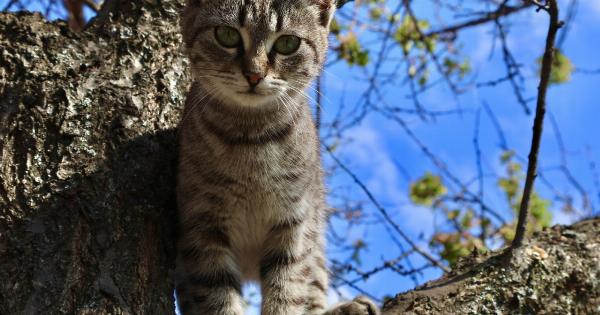As any cat owner knows, feline companions can have quite the appetite. While some cats are content with a small serving of food, others seem to have insatiable hunger that never subsides.
In this article, we will explore the reasons behind your cat’s insatiable appetite and provide some tips on how to manage their eating habits.
Understanding Cat Obesity
Cat obesity is a pressing issue that many cat owners face. When a cat consumes an excessive amount of food regularly, it can lead to weight gain and various health problems.
Some cats have a genetic predisposition to obesity, but others develop it due to overeating caused by an insatiable appetite.
Causes of an Insatiable Appetite
There are several factors that can contribute to your cat’s insatiable appetite:.
1. High Metabolism
Some cats naturally have a higher metabolic rate, which means they burn calories more quickly. These cats may require larger portions or more frequent meals to satisfy their energy needs.
2. Lack of Satiety
Just like humans, cats have a hormone called leptin that signals when they are full. However, some cats may have a decreased sensitivity to leptin, leading to a diminished feeling of satiety. This can result in constant hunger and overeating.
3. Stress and Anxiety
Cats are known to be sensitive creatures. Stress and anxiety can cause changes in their eating patterns. Some cats may turn to food as a form of comfort, leading to overeating and weight gain.
4. Boredom
Cats require mental and physical stimulation to stay happy and content. When they are bored, they may seek out food as a source of entertainment or to alleviate their boredom. This can lead to excessive eating even if they are not particularly hungry.
Managing an Insatiable Appetite
If you notice that your cat has an insatiable appetite, it is essential to address the issue to protect their health and well-being. Here are some tips to manage their eating habits:.
1. Consult with a Veterinarian
Before making any significant changes to your cat’s diet or feeding routine, it is crucial to consult with a veterinarian. They can assess your cat’s overall health and provide appropriate advice tailored to your cat’s specific needs.
2. Measure Portions
Ensure you are feeding your cat the appropriate portion sizes. Use a measuring cup or a kitchen scale to accurately measure the amount of food you provide. Avoid free-feeding, as it can contribute to overeating.
3. Provide Nutrient-Dense Food
Choose high-quality, nutrient-dense cat food that will satisfy your cat’s nutritional requirements. Avoid foods with excessive fillers and empty calories that can leave your cat feeling unsatisfied and still hungry.
4. Offer Interactive Toys and Puzzles
Keep your cat mentally stimulated by providing them with interactive toys and puzzles. This will help alleviate boredom and prevent them from turning to food for entertainment.
5. Create a Feeding Schedule
Establish a regular feeding schedule for your cat. This will help regulate their hunger cues and prevent them from overeating. Stick to the designated meal times and avoid giving in to their demands for extra food outside of the schedule.
6. Monitor Treat Intake
Treats are a great way to reward your cat, but they should be given in moderation. Excessive treat consumption can contribute to weight gain and an insatiable appetite.
Keep track of how many treats your cat receives and choose healthy, low-calorie options.
7. Address Underlying Stress
If your cat’s insatiable appetite is due to stress or anxiety, it is crucial to address the underlying issue.
Provide a peaceful and comfortable environment for your cat and consider using calming pheromone diffusers or consulting with a professional animal behaviorist.
8. Regular Exercise
Encourage regular exercise to keep your cat active and maintain a healthy weight. Play with them using toys that promote movement and engage their natural hunting instincts. Physical activity can help distract them from constant thoughts of food.
9. Gradual Changes
If you need to make changes to your cat’s diet or feeding routine, do it gradually. Sudden changes can upset their digestive system and lead to food aversion or other undesirable behaviors.
10. Monitor Progress
Keep a close eye on your cat’s progress as you make changes to manage their insatiable appetite. Monitor their weight, behavior, and overall well-being. Regular vet check-ups will help ensure they are on the right track.
Conclusion
While an insatiable appetite in cats can pose challenges, by understanding the reasons behind it and taking appropriate steps, you can help manage your cat’s eating habits and promote their overall health and happiness.
Remember, patience and consistency are key in addressing any feeding concerns. Consult with your veterinarian for personalized advice that suits your cat’s specific needs.

